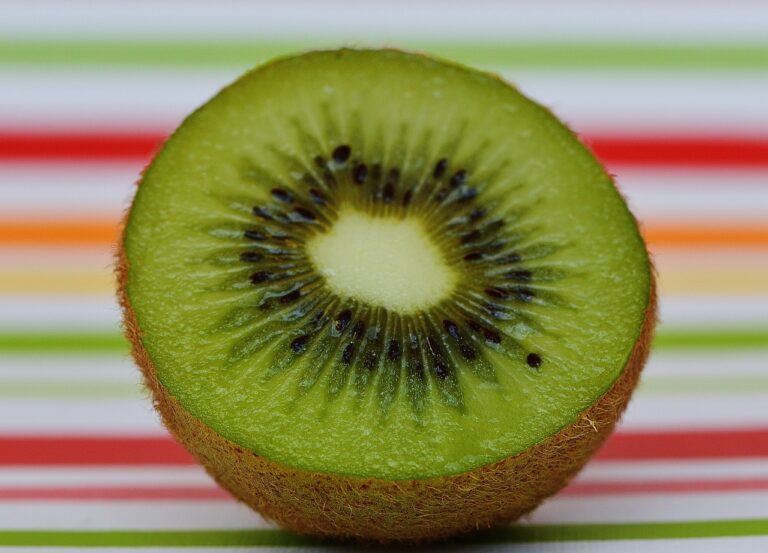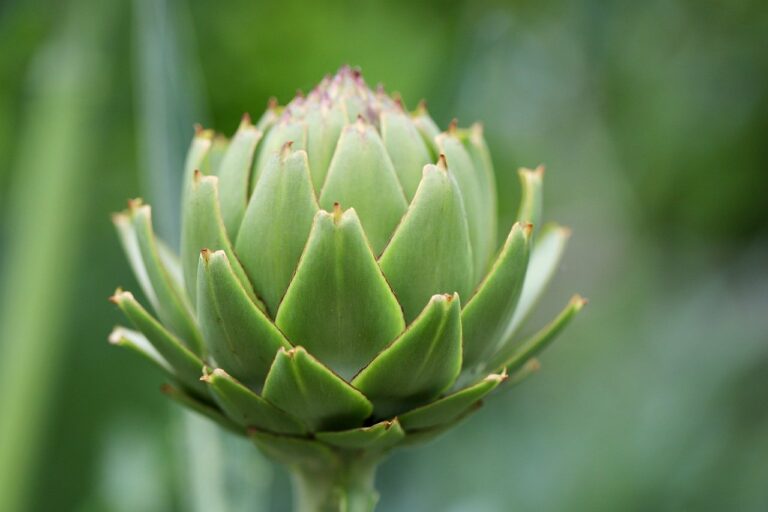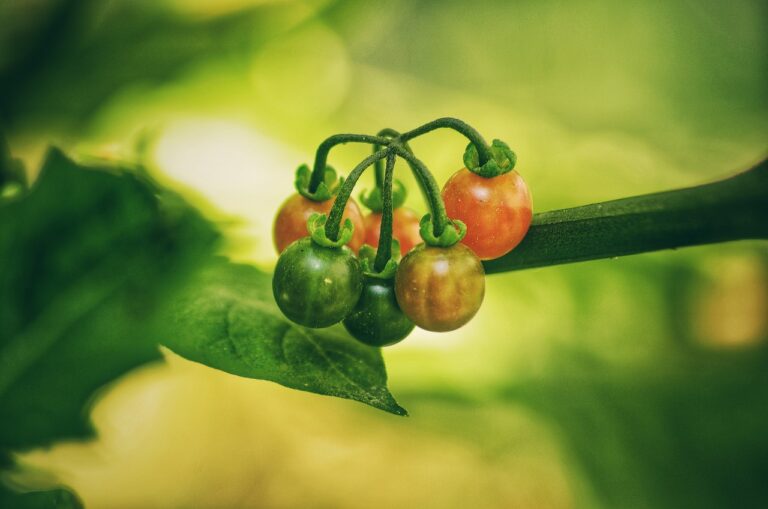Food Industry and Water Conservation Efforts
Water is an essential ingredient in food production, playing a crucial role in various processes such as washing, cooking, and cooling. The food industry is one of the largest consumers of water globally, with a significant portion of it being used in agriculture for irrigation purposes. In food processing plants, water is used for cleaning equipment, blending ingredients, and maintaining proper hygiene standards to ensure safe food products for consumers.
The high demand for water in the food industry has raised concerns about sustainable water management practices and the need for conservation efforts. With increasing global water scarcity and environmental pressures, it has become imperative for food manufacturers to adopt efficient water usage strategies to minimize wastage and reduce their environmental footprint. Over the years, there has been a growing focus on implementing water-saving technologies and practices to address the challenges associated with water usage in the food industry.
Challenges Faced by the Food Industry in Water Conservation
Water conservation in the food industry poses numerous challenges that companies must address. Firstly, a major obstacle faced by food producers is the high volume of water required for various production processes. From washing, cooking, and cooling to sanitation and waste disposal, water is essential at every stage of food production. This vast usage puts significant pressure on the industry to find sustainable ways to reduce water consumption without compromising on production efficiency.
Moreover, the issue of water quality is a pressing concern for food manufacturers. Contaminants in water sources can not only affect the quality and safety of the final food products but also lead to regulatory compliance issues. Ensuring that the water used in production meets stringent quality standards adds another layer of complexity to water conservation efforts in the food industry. Balancing the need for ample water supply with the requirement for water purity presents a considerable challenge that food companies are striving to overcome.
• Water conservation in the food industry poses numerous challenges that companies must address
• High volume of water required for various production processes
• Washing, cooking, cooling, sanitation, waste disposal
• Pressure to find sustainable ways to reduce water consumption without compromising on production efficiency
• Water quality is a pressing concern for food manufacturers
• Contaminants in water sources can affect quality and safety of final products
• Regulatory compliance issues may arise
• Ensuring water used meets stringent quality standards adds complexity
• Balancing need for ample water supply with requirement for water purity is a considerable challenge
• Food companies are striving to overcome this challenge through innovative solutions
Innovative Technologies for Water Conservation in Food Production
Water scarcity is a pressing concern in the food industry, prompting a growing need for innovative water conservation technologies in food production processes. One such technology is the implementation of water recycling systems, where water used in food processing is treated and reused, significantly reducing water consumption and minimizing wastage.
Another promising technology is the adoption of precision irrigation systems in agriculture, which allow for targeted water delivery to crops based on their specific requirements. By utilizing sensors and automation, these systems optimize water usage, ensuring that crops receive just the right amount of water needed for their growth, leading to more sustainable farming practices in the food industry.
What are some common water usage practices in the food industry?
Common water usage practices in the food industry include irrigation for crop production, processing and cleaning of food products, and cooling systems in food production facilities.
What are some challenges faced by the food industry in water conservation?
Some challenges faced by the food industry in water conservation include increasing water scarcity, regulatory pressures to reduce water usage, and the high volume of water required for food production processes.
How can innovative technologies help in water conservation in food production?
Innovative technologies such as drip irrigation systems, rainwater harvesting, water recycling and reuse systems, and smart irrigation systems can help in water conservation in food production by reducing water wastage and promoting efficient water usage.
Are these innovative technologies cost-effective for food production companies?
While the initial investment in implementing innovative water conservation technologies may be high, the long-term cost savings from reduced water usage and improved efficiency can make them cost-effective for food production companies in the long run.







